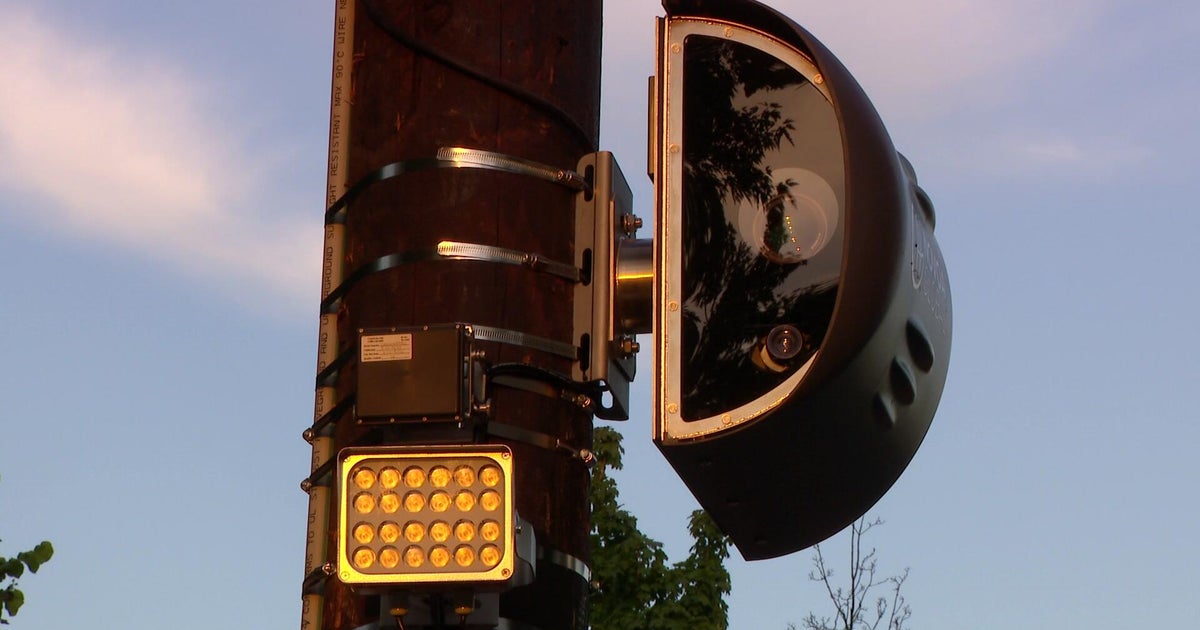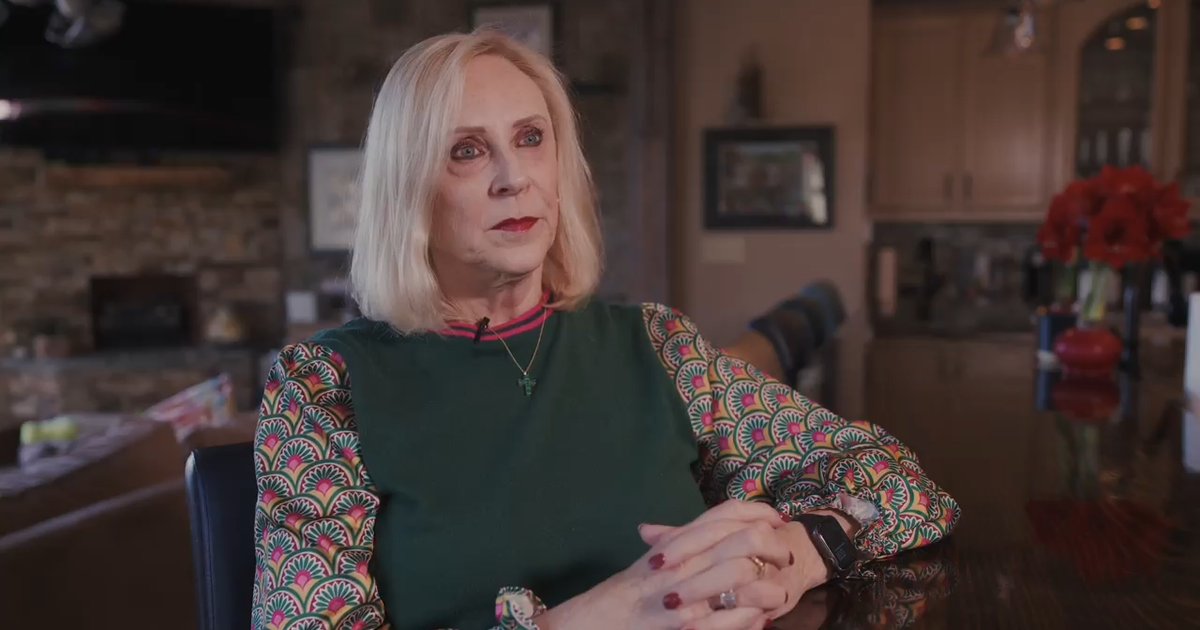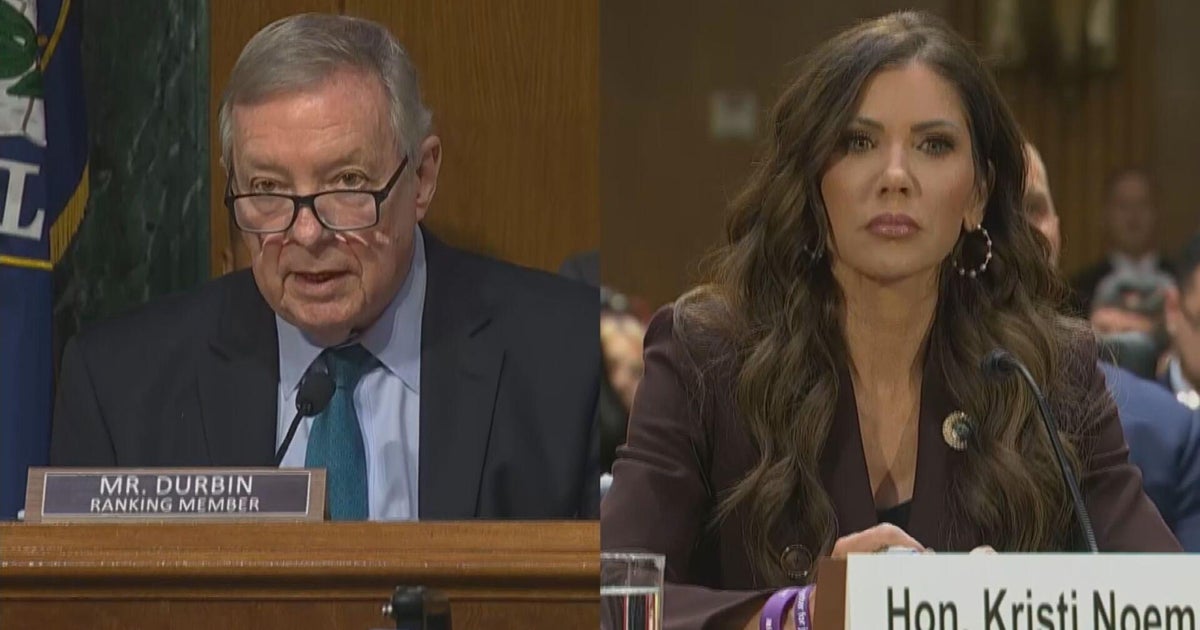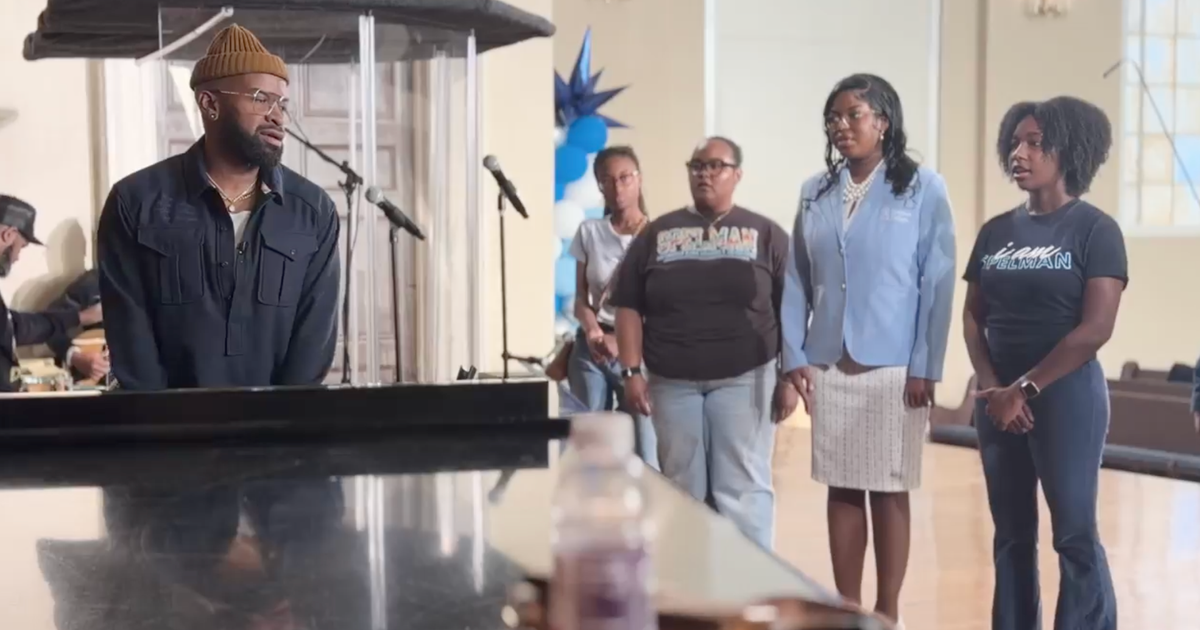Good Question: What Is The Best Way To Save For College?
MINNEAPOLIS (WCCO) -- According to Fidelity's annual College Savings Indicator study, about 69 percent of families say they've already started saving for college, up from 58 percent back in 2007. That's a good thing, because Campus Consultants, Inc. estimates the average college tuition for public school 20 years from now will be close to $50,000 a year. For private school, it could be $85,000 a year.
Many people use 529 college savings plans, but financial experts warn: How you save can affect how much financial aid your child will receive.
"We'll get most of it, then they'll have to work hard at it themselves," said Jeremy Davidson, father to Henry and Riley.
Financial consultant Susan Zimmerman owns Mindful Asset Planning. She said the best way to save is to be sure you do save.
"Your savings can affect what amount of financial aid you get," Zimmerman said. "It kind of goes against logic, but the better way is to have the primary asset saved in the parents' name or even the grandparents' name."
When deciding financial aid packages, colleges look at the income and assets of parents and kids. Retirement and home equity don't count against a family, but the college will expect a larger percentage of a kid's savings than of the parents.
According to the Minnesota Office of Higher Education, colleges expect a family to contribute more if college savings exceed the Education Savings and Asset Protection Allowance. See chart for allowances.
But the impact of college savings on a family's expected contribution is small. It only counts for 5.6 percent of your assets above the allowance, compared to 20 percent of the assets of the student.
Zimmerman suggests parents start saving for college right when a child is born or halfway through a pregnancy. How much to save, she says, depends on how much a college (public or private) is expected to cost. How much a parent should contribute is a something a family needs to discuss.
"We believe it's useful to expect the children to work a bit and save their money and have a part in paying for their education," she said.







